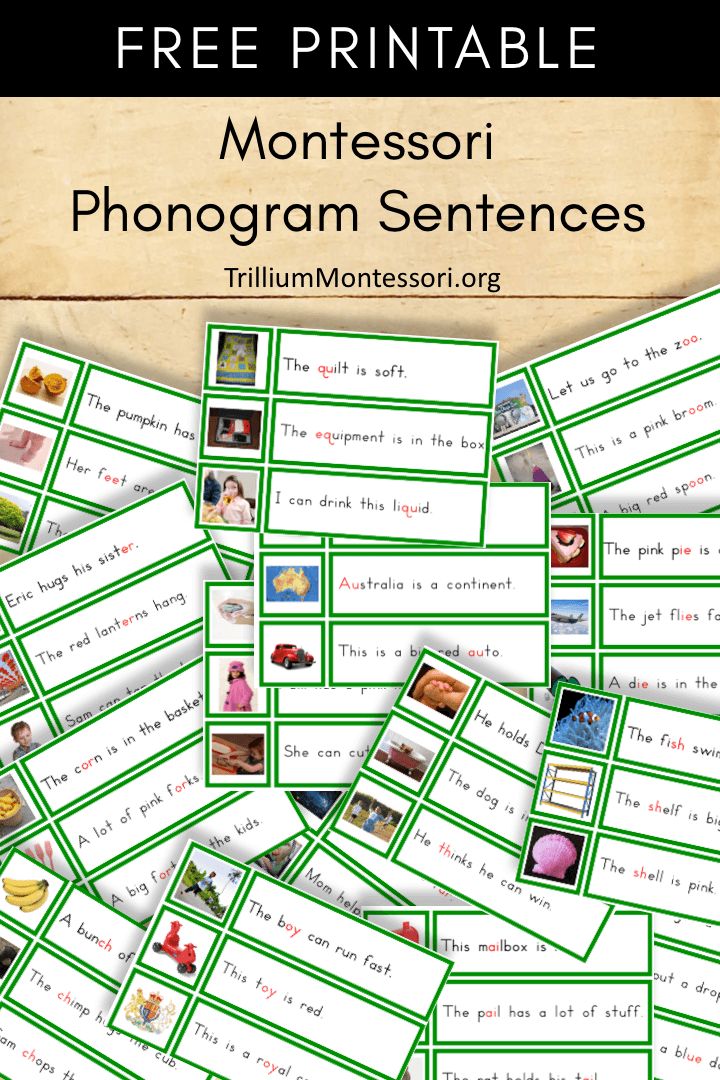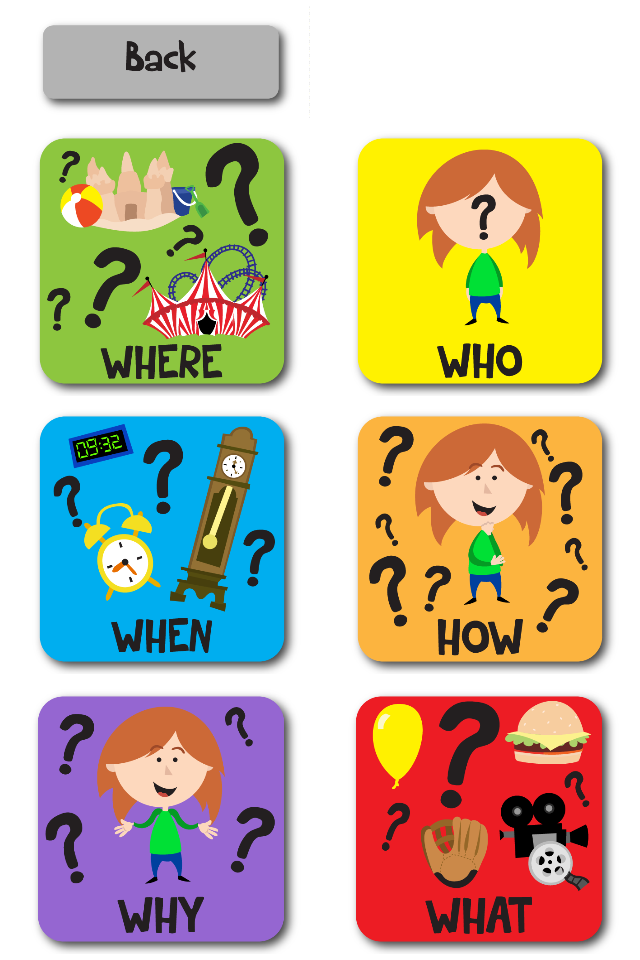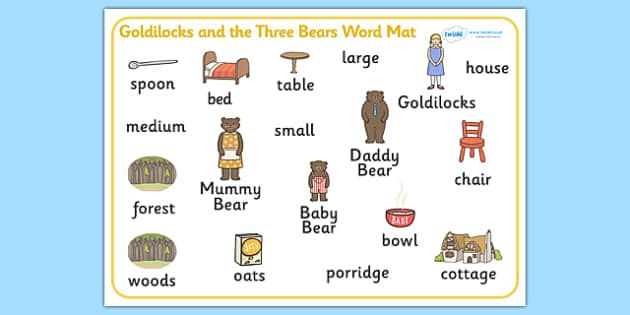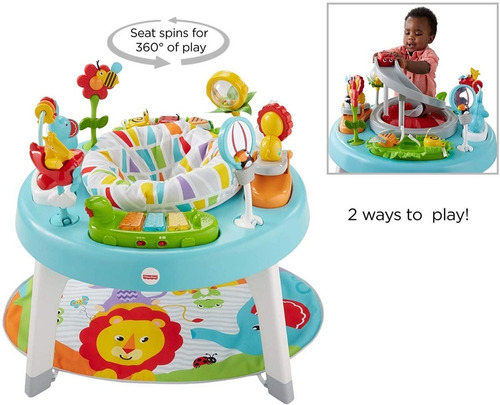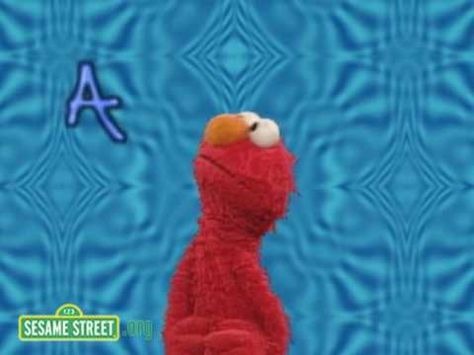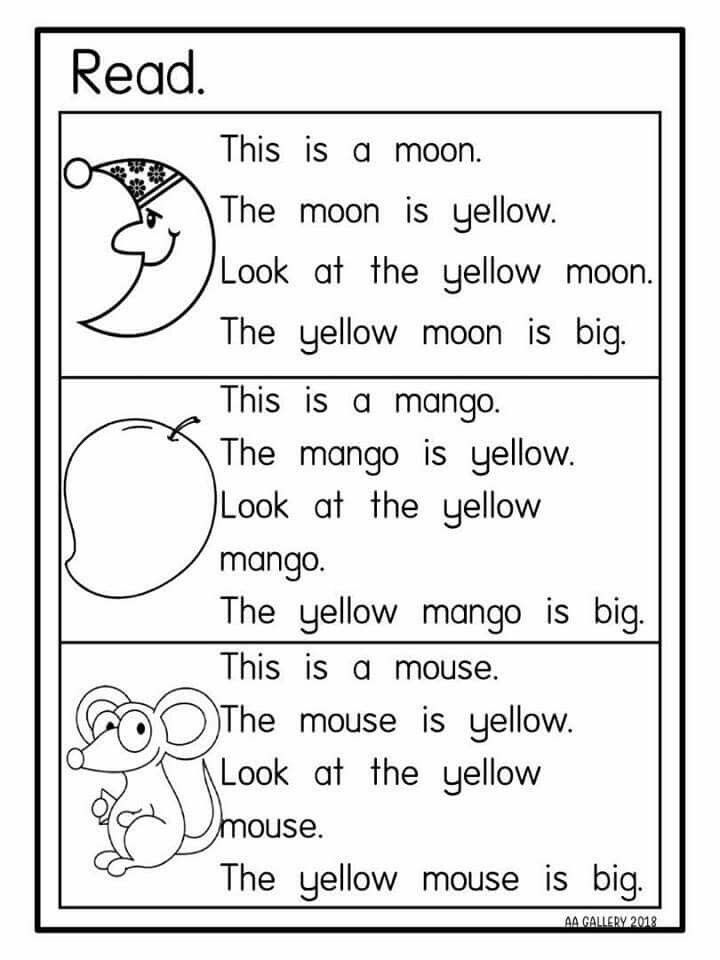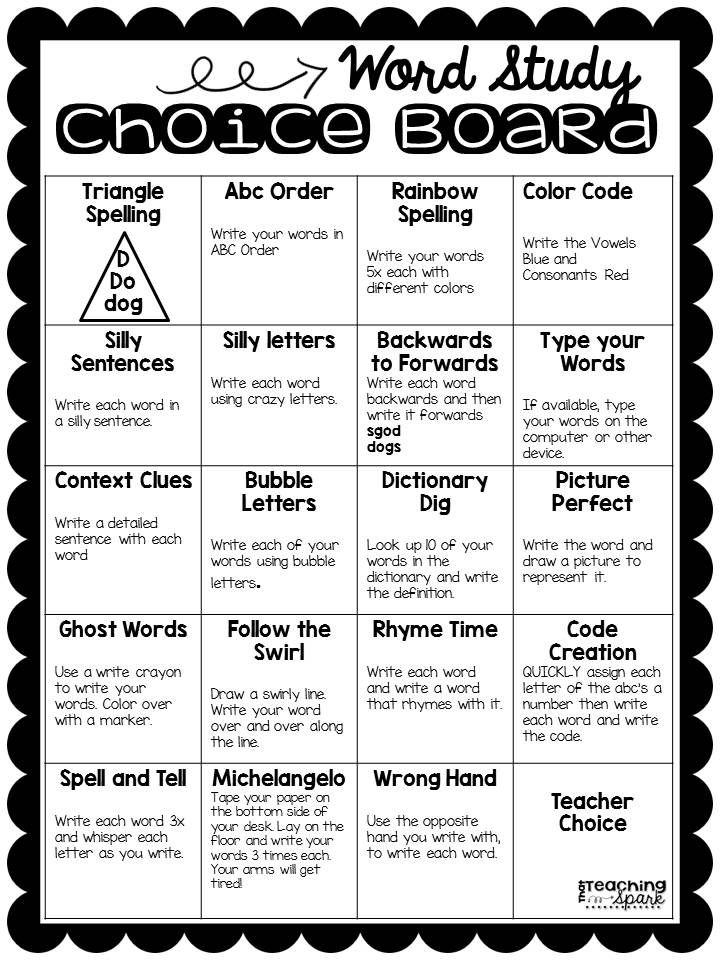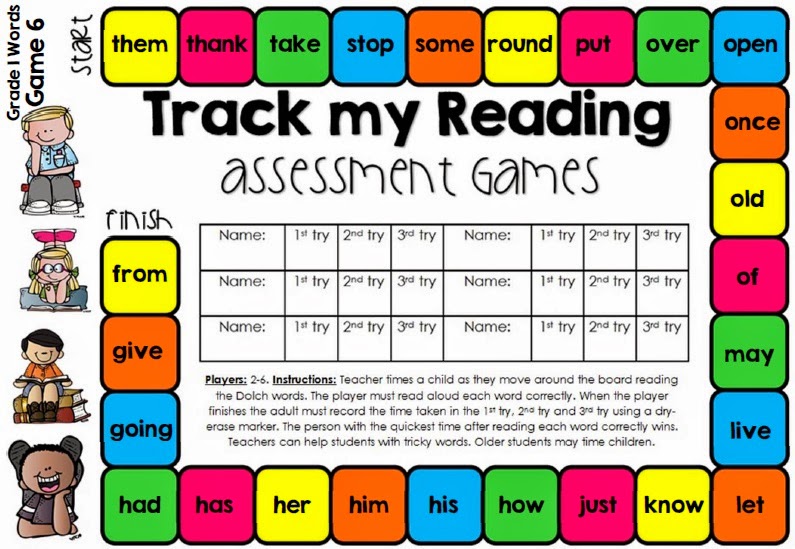J words phonics
Five Ways to Spell the /j/ sound in the English Language
- j
- g
- -dge
- -ge
- d
Let us look at each spelling and just when we use a particular spelling…
1.) The letter “j” makes the /j/ sound
The letter “j” makes the /j/ sound when it comes before an “a,” “o” or “u” in a word that is most often Anglo-Saxon. Let us look at a few examples:
- jab
- job
- jump
- jostle
- jacket
- jungle
2.) The letter “g” makes the /j/ sound
The letter “g” makes the /j/ sound when followed by an “e,” “i” or “y” in a word that is often derived from Greek or Latin (these languages do not use the “j” symbol to represent the /j/ sound). I like to refer to the “g” making the /j/ sound as being a part of the Stick Vowel Rule. Let us look at a few examples:
- gem
- gentle
- giant
- gymnasium
- ginger
- hydrogen
3. ) The letters “-dge” make the /j/ sound
The letters “-dge” make the /j/ sound at the end of a one-syllable word, followed by one short vowel. These words are most often Anglo-Saxon. I like to refer to the “-dge” making the /j/ sound as being a part of the Soldier Rule (This rule simply states that the “d” is the soldier that stands silent protecting the short vowel sound in the middle from the big “ge” at the end of the word). Let us look at a few examples:
- ledge
- fudge
- badge
- bridge
- lodge
4.) The letters “-ge” make the /j/ sound
The letters “-ge” make the /j/ sound in a one-syllable word following a diphthong, a consonant or long vowel sound. These words are most often Anglo-Saxon unless found at the end of a multisyllabic word, which are most often derived from Greek or Latin. Let us look at a few examples:
- cage
- rouge
- cringe
- stooge
- revenge
- privilege
NOTE: The French also use the “-age” suffix and is pronounced (äzh).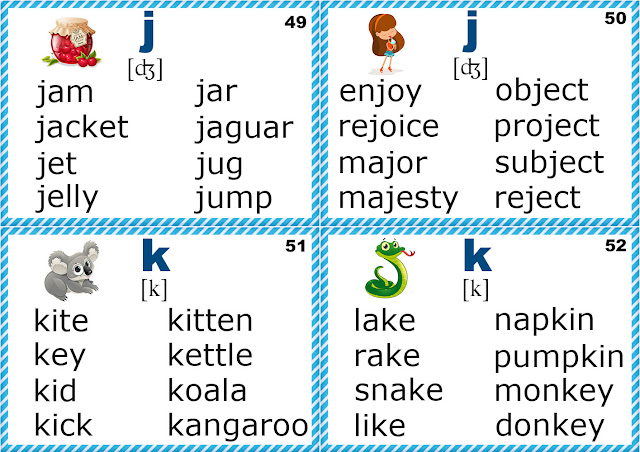 For example:
For example:
- decoupage
- garage
- mirage
- corsage
- camouflage
5.) The letter “d” makes the /j/ sound
The letter “d” makes the /j/ sound when used with the connective “u.” When the “u” connects the root or base word ending with a “d” to the suffix, the “d” makes the /j/ sound. These words are derived from Latin. Let us look at a few examples:
- individual
- schedule
- residual
- graduate
- gradual
It is important to learn the five ways to spell the /j/ sound in the English language and the underlying rules behind each spelling to assist our students with accurate decoding and encoding skills. It cannot be assumed that our students with Dyslexia understand these rules that govern the English language and therefore, need to be given explicit instruction in order to be successful. In fact, all students would benefit from this knowledge.
English language acquisition is a true gift that can only be delivered by a qualified, passionate & dedicated teacher… Whether that be a parent, school teacher, speech & language pathologist or anyone who teaches another individual language skills.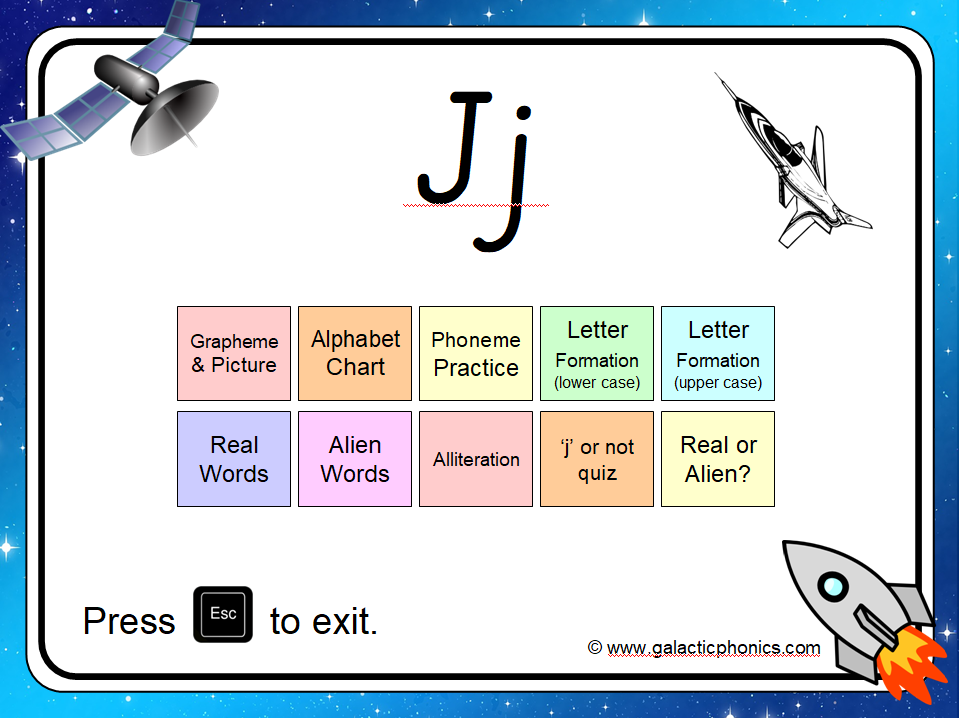 You are a life changer and a life saver to many! Thank-you for the hours of dedication you have put into mastering your skill sets for the sake of others who need you the most.
You are a life changer and a life saver to many! Thank-you for the hours of dedication you have put into mastering your skill sets for the sake of others who need you the most.
Keep doing what you are doing because the world needs what only you have to offer…
j Words Phonics Poster - Free & Printable
Teaching Phonics
Suggested Price $1.20
J words – J word list with pictures – a FREE PRINTABLE phonics sound poster which focuses on auditory discrimination for the beginning sound j.
Change to What You Think or Can Afford $
Suggested Price $1.20
Change to Zero for Free$0.00
j Words - Alphabet Poster quantity
Categories: Letter Sounds, Phonics Posters Tags: alphabet letters, initial sounds, phonics poster, word list
- Description
Description
Phonics Poster – j SoundPhonics Poster – j words
(a phonics poster for you to download and print)
Words that Start with j List
joker
jacket
juice
jump
jellyfish
juggle
jet
jam
jog
jester
jungle
- Add the j words poster to your Cart using the ‘Add to Cart’ Button.
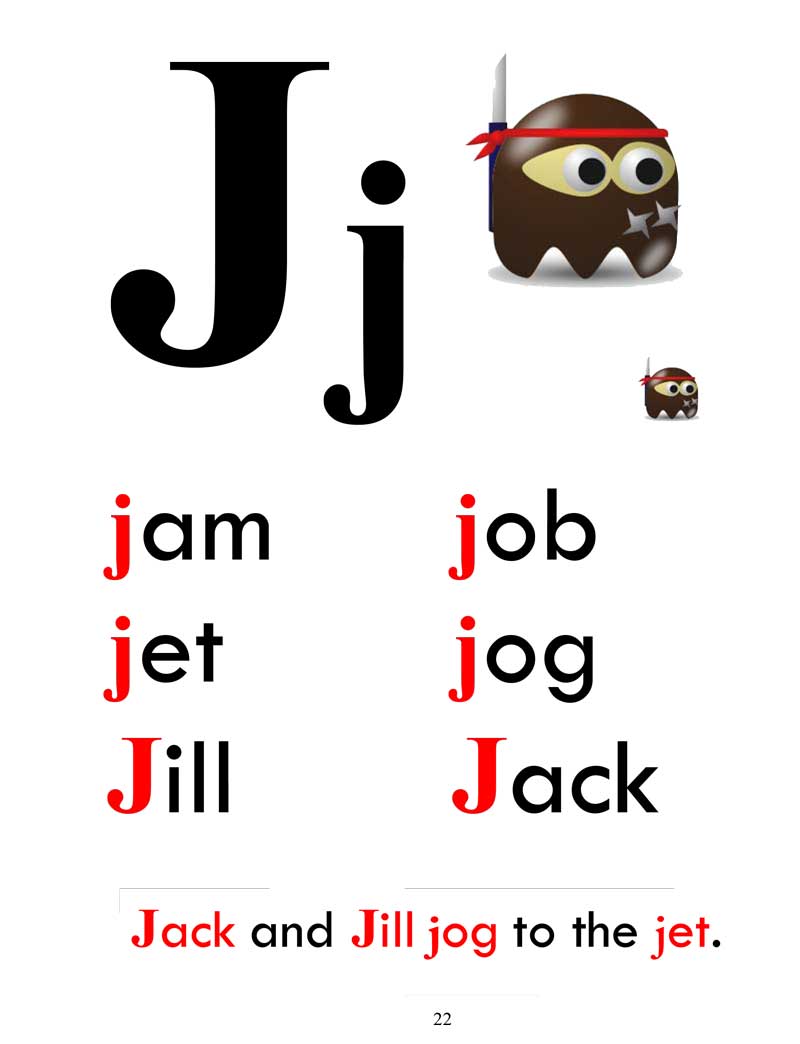 NB You can only get the resources 2 at a time. #longstory
NB You can only get the resources 2 at a time. #longstory - Press the very small ‘View Cart’ Button at the very top right of this page.
- Click on the ‘Proceed to Checkout’ Button
- Type in your email address to prove you are human
- Press ‘Place Order’ and then scroll down to ‘Order Details’ and click on your resource there. It will open ready to save, print, cut out and laminate.
- Students sit in pairs.
- Introduces the words starting with j poster on the website and models decoding the words.
- Model giving clues for the students to guess e.g. ‘A person a bit like a clown_______ ‘, ‘A very fast aeroplane _________’.
- Students guess the word and spell it to their partner.
- In pairs the students create clues for their partner to guess.
- Complete a running record or a student.
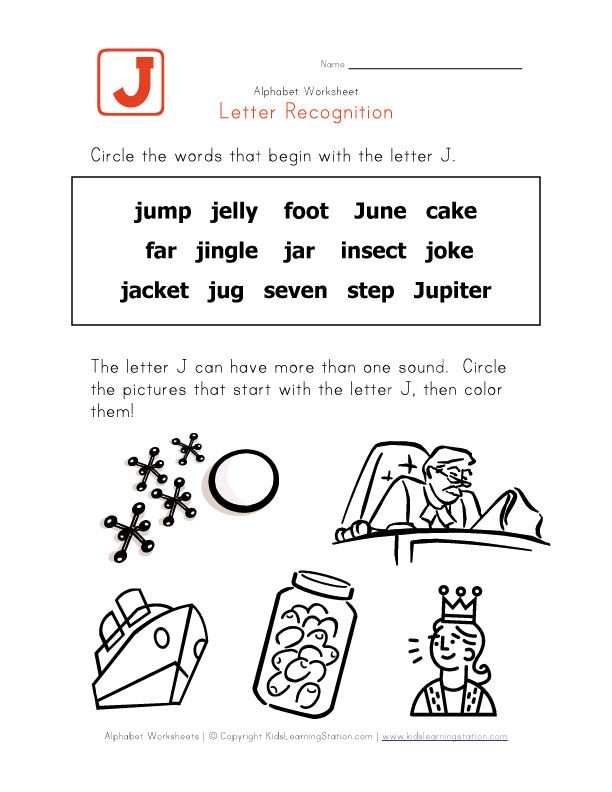
- If the j sound appears to be a sound the student needs knowledge on, go to https://phonics-teaching.com and find & print the j words poster.
- Explore the poster together.
- Practice the decoding the words together.
- Place the poster in a loose leaf folder to create a book or personal sounds the student needs to work on.
- Recorded Reading – students record themselves reading the word lists (phone, tablet, PC) and listen to themselves reading the words back. Ask them to identify words they need to practice and what they perceive to be the problem. How will we fix that problem?
or some Symmetry Lessons or maybe ALL my Reading Games
phonetics - “There is no letter for the sound [j]”
Y is a letter that in Russian writing denoted in different cases two completely heterogeneous sounds.
From the Great Soviet Encyclopedia:
In the Russian writing system, Y denotes a non-syllabic vowel (by no means a consonant Middle language fricative "j", with which it is often inaccurately compared).
Three-volume "Grammar of the Russian language": "In some cases, the letters E, Yo, Yu, Ya denote combinations of the consonant "y" with subsequent vowels", and above this, in a few lines, encounter the distribution of Russian phonemes into 6 vowels and 41 consonants, and in the series of these latter, "i" will also be found.
In some cases, when we meet the letter Y in the words “my”, “your”, “may”, “tea”, it expresses a short non-syllable vowel “y” (sometimes it is called a semivowel), in others - well, say, in the name of the English county of York or the Arab state of Yemen - conveys the undisputed consonant "yot".
There are few such words. There are only 59 of them in the TSB. Six of the geographical names of the USSR (non-Russian), 53 - refer to foreign toponyms or concepts borrowed from foreign languages.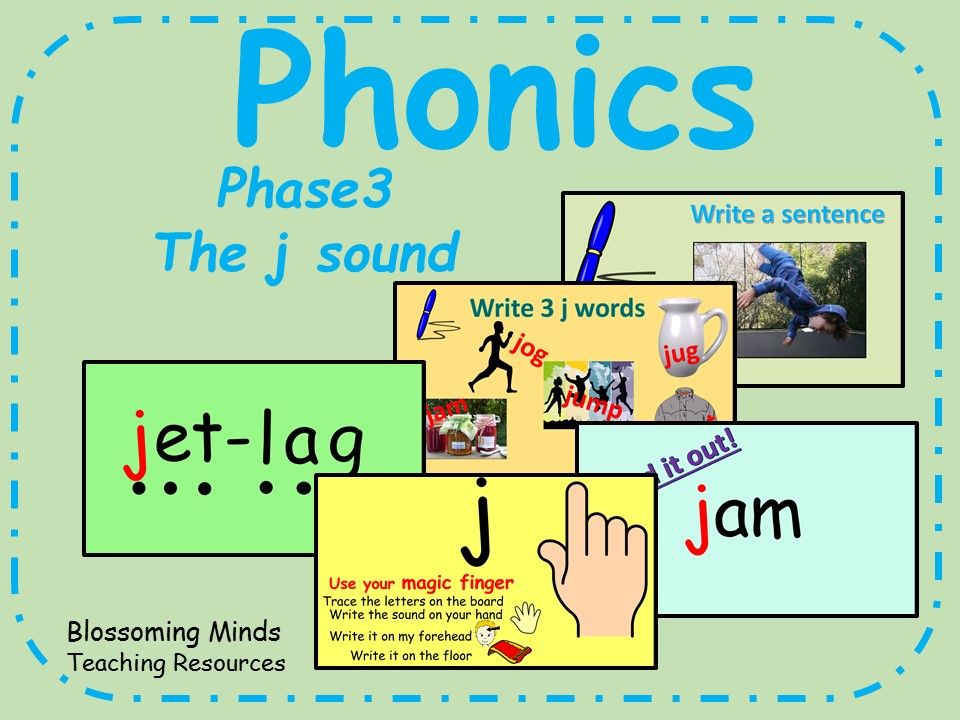
Of all the listed Russian letters Y, in some way "Ivan, who does not remember kinship." There was no letter Y in Cyrillic. It was introduced into use only in 1735. At the same time, until the revolution itself, the letter Y was some kind of semi-recognized sign. Neither V. Dahl's "Explanatory Dictionary" nor Brockhaus and Efron's "Encyclopedic Dictionary", of course, have such a section: "Words starting with the letter Y". At Brockhaus, the name of the Siberian river "Iya" is immediately followed by the letter "K". http://uchitel-slovesnosti.ru/publ/uvlekatelnoe_jazykoznanie/interesno_o_bukvakh/bukva_j/89-1-0-1685
Lopatin fixed the spelling Y after vowels at the end of a word or before consonants (may, elei, cue, swarm, secret, watering can), but he did not delimit the sounds denoted by it. Maybe not to confuse ordinary citizens, non-philologists.
The letter й is written before a vowel only in the following cases:
If the first part of a compound word ends with the letter й, and the second begins with a vowel, for example: district administration, regional election committee, construction industry, construction team, district representative.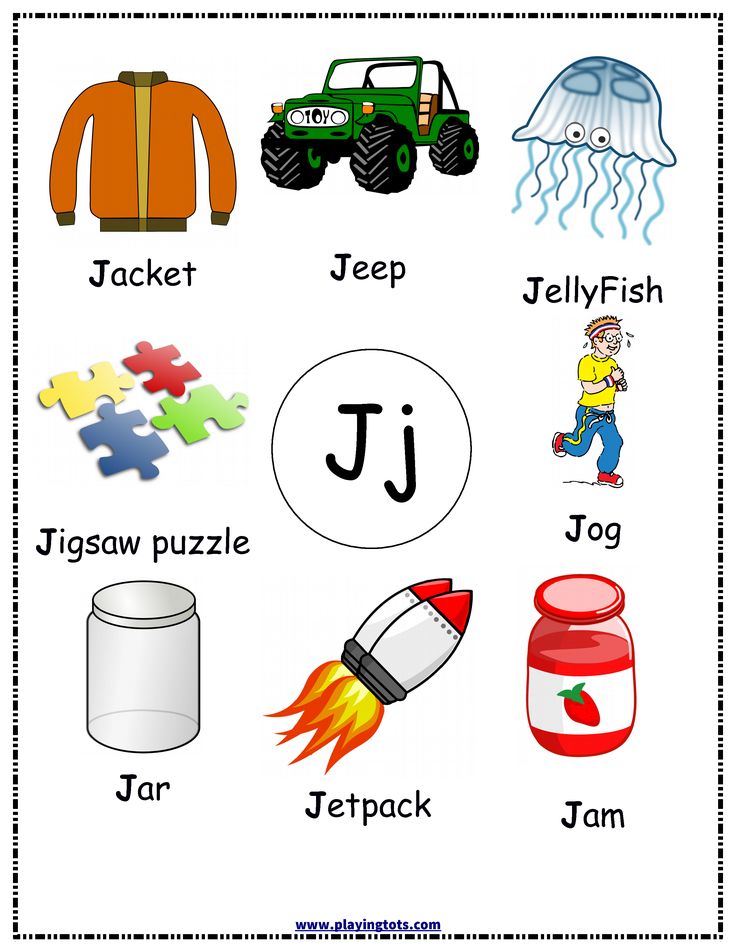
And then he writes about iota:
In a limited circle of words of foreign origin, including in proper names, й is written before o at the beginning of a word or after vowels: yogi, yoga, yogurt, iodine, yeoman, Yorkshire (breed of pigs) , iot, iota, iotation; coyote, majolica, mayonnaise, major, marjorate, rayon; in proper names: York, Yorkshire, Yoshkar-Ola, Yorick, Johannes, Jorgen, Yokosuka; Iowa, Wyoming, Villon, Loyola, Ohio, etc.
In some words of foreign origin, the letter y is written before the letters e, u, ya, and, for example: vilayet, doyen, foyer, stayer, conveyor, fireworks, Kikuyu (nationality ), hallelujah, frond, maya, passion fruit, papaya, paranoia, tupaya; sequoia, sequoia, sequoia, sequoia; in proper names: Yemen, Jena, Jensen, Yeats, Yellowstone, Meyerhold, Rambouillet, Heyer-dal, Jöring, Bayer, Jihlava, Maya, Bayard, Vaillant; Goya, Goya, Goya, Goya.
Actually, iot hides in E,Yo,Yu,Ya.
The history of the letter is well described in Wikipedia, read it.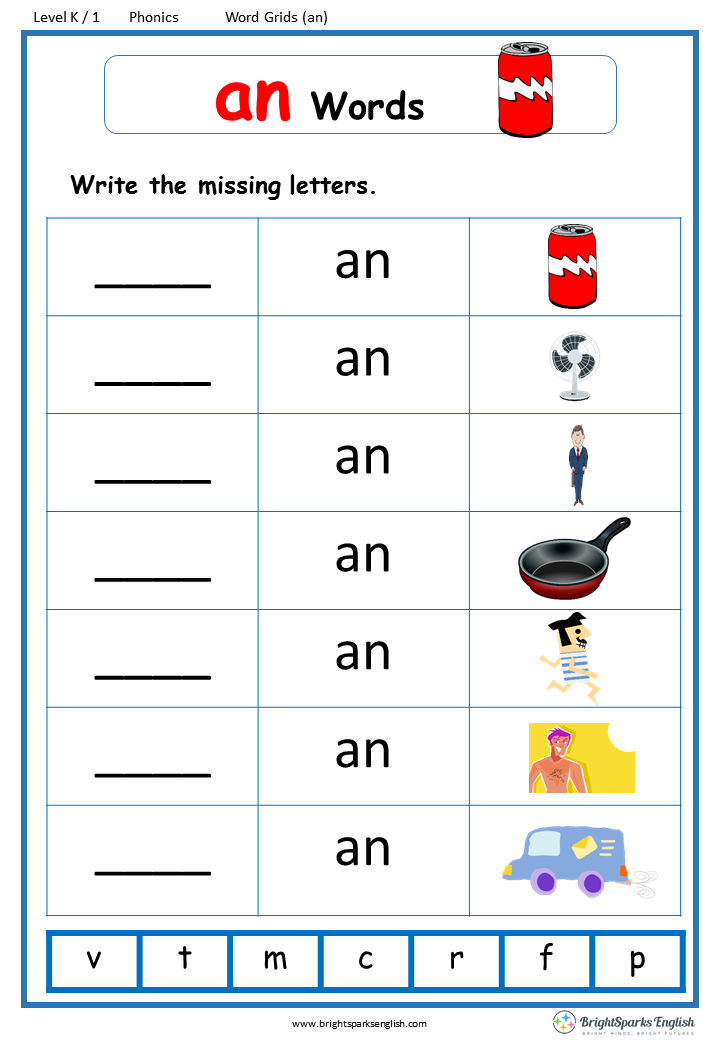
The letter Y stands for the palatal approximant [j] (the so-called non-syllabic) and the voiced palatal fricative consonant [ʝ] close to it (before a stressed vowel). In Ukrainian and Bulgarian, the combination yo is used at the beginning of words and after vowels instead of the missing letter Ё. somewhat modified.
A strict phonetic distinction between the inscriptions Y and Y arose in early 17th century printing; during the “book right” of the times of Patriarch Nikon, it was transferred to Moscow editions of Church Slavonic books (second half of the same century) and is still used today.
Pronunciation of the English sound [ʌ]
The sound [ ʌ ] is a short, unstressed vowel. When pronouncing [ ʌ ], the mouth is half open, the lips are neutral. The tongue is slightly retracted from the base of the lower teeth. If we pronounce the Russian sound [ a ], then we significantly move the tongue away from the teeth, and do not stretch the lips.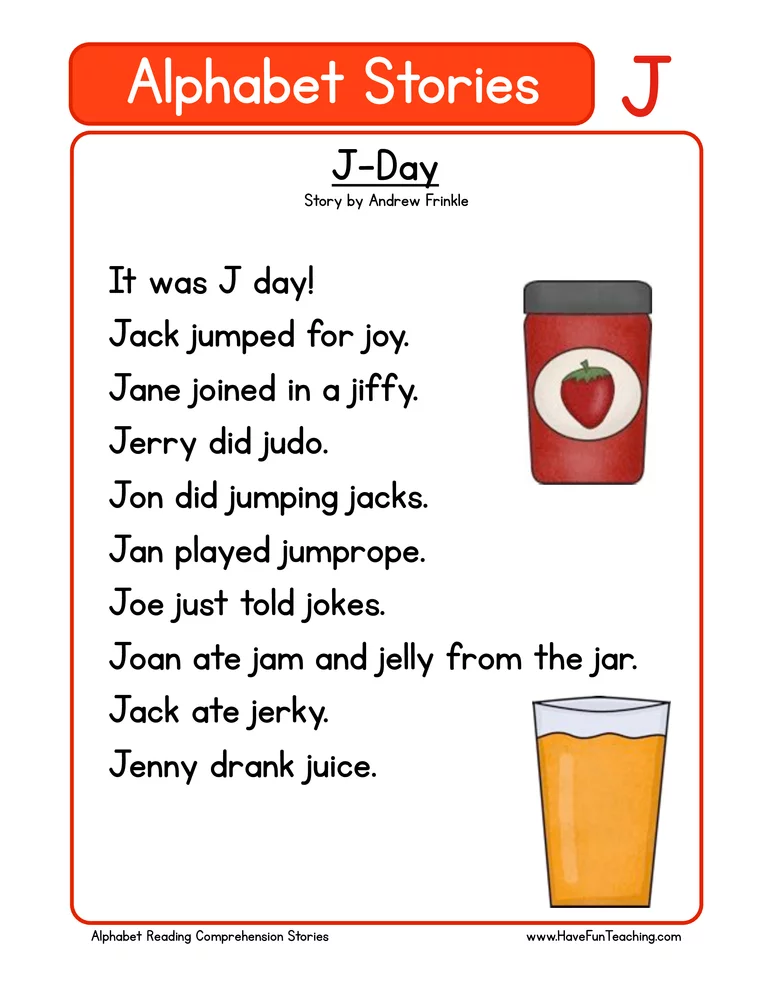 The sound [ ʌ ] is similar to the Russian unstressed sound [ a ] in the word "osa".
The sound [ ʌ ] is similar to the Russian unstressed sound [ a ] in the word "osa".
Compare:
| "mach" - much - a lot |
| "buck" - buck - buck |
| "pan" - pun - pun |
| "himself" - some - a few |
| "cap" - cup - cup |
Other examples of English words with sounds [ ʌ ]:
| but [ bʌt ] - but | come [ kʌm ] - come |
| love [ lʌv ] - love | country [ kʌntri ] - country |
| dull [ dʌl ] - dull | us [ ʌs ] - us |
| gun [ gʌn ] - gun | ugly [ ʌgli ] - ugly |
| summer [ sʌmə ] - summer | study [ stʌdi ] - study |
In the letter , the sound [ ʌ ] is transmitted:
- letter u if it is followed by one or more consonants: but, dull, just, gun, under.

Learn more


